Charlotte de Witte's top 10 tips for producers
Want to be a techno producer? Scorching newcomer Charlotte de Witte takes the time out to educate.
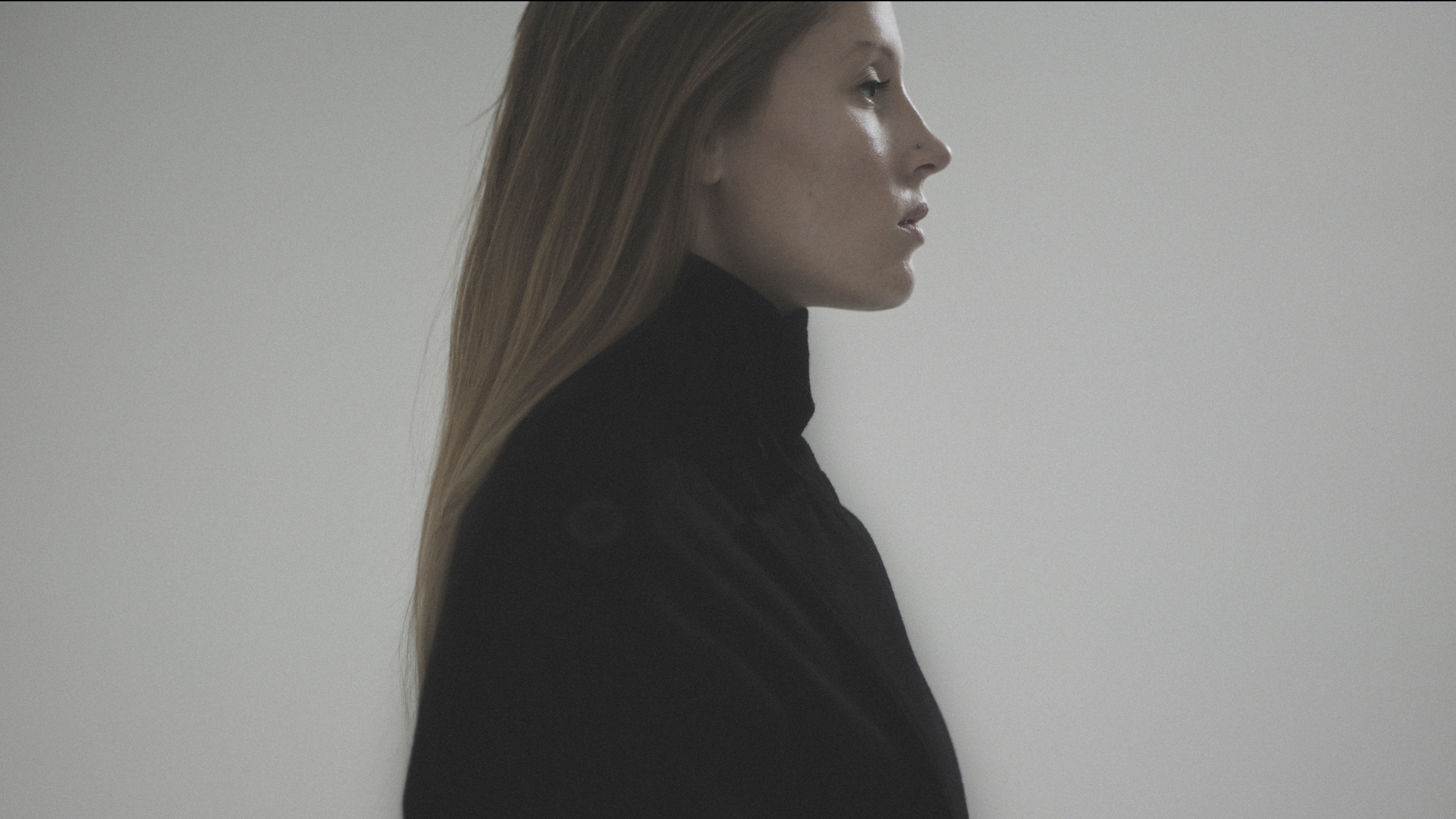
Techno tips
Belgian DJ/Producer Charlotte de Witte was already DJing at the tender age of 17, disguising her gender by using the alias ‘Raving George’.
Inspired by the sound of electro and electro house, by 2011 De Witte had won The Red Bull Elektropedia Award and earned a place on the main stage of one of dance music’s biggest festivals, Tomorrowland.
Although studying Event and Project Management in the East Flanders province of Ghent, De Witte wasted little time indulging her passion for music. Moving into production, she found almost immediate success with the dark, seductive electronica of You’re Mine in collaboration with Belgian alternative pop act Oscar & The Wolf.
De Witte then switched gears. Favouring the techno domain, she dispensed with her Raving George pseudonym and released the EP Weltschmerz - a killer floor-filler, bound by its classic, dark techno characteristics and an atypical sense of emotional resonance. Always striving to create something memorable, De Witte espouses a confidence and purity that is divorced from the commercial aspects driving so much of today’s modern techno music.
An exciting new talent, we sat down with Charlotte to find her top 10 tips for techno producers…
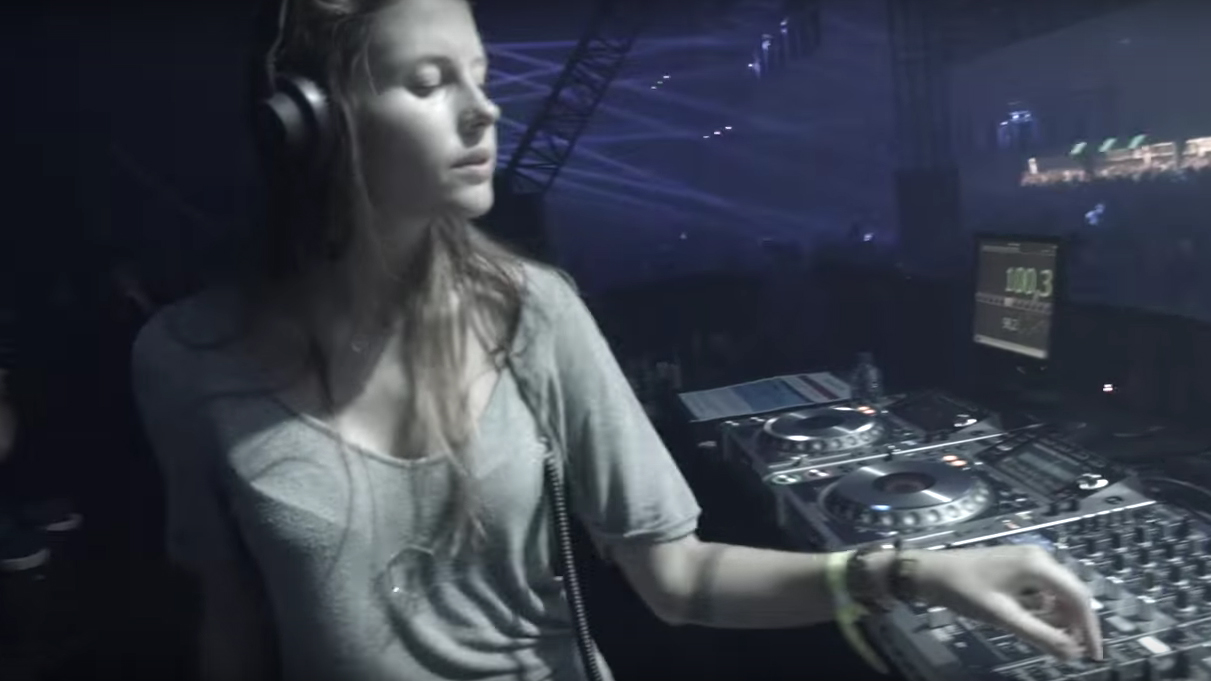
1. Keep things simple - less is more!
“I’m a huge fan of the 'less is more' principle. In my opinion, the most successful tracks are created around a few warm, rich and dimensional elements moving their way through the storyline of the track. The more monotonous and repetitive a track is, the more it’ll probably draw my attention. I love keeping things stripped down, naked and honest.
“Having one effective loop to build your track around is the key to having a powerful track that’ll work on the dance floor. The importance of having solid layers of basic elements like kick, bass and percussion is undeniable. When looking for new sounds to use during the process of creating a track, the following rule applies: ‘When in doubt, leave it out’.”
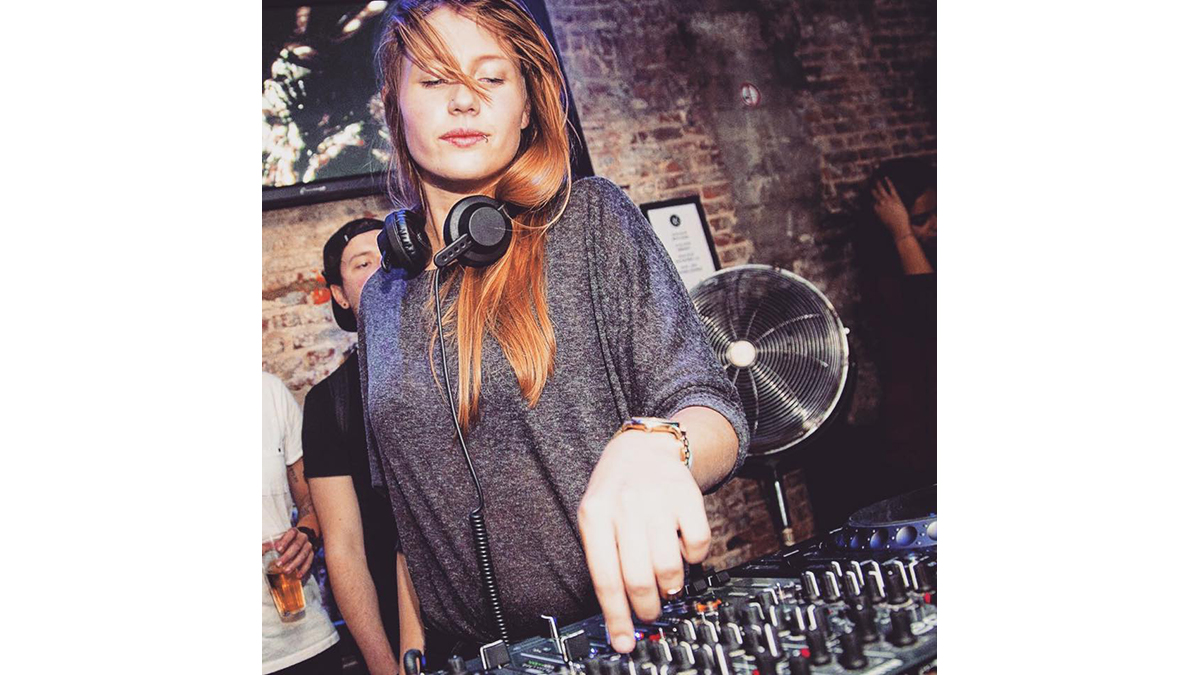
2. Strike a balance
"Find the right balance between the intrinsic function of your track and the emotional value you want it to create.
“When you apply this rule to the creation of techno music, you’ll probably be looking for a track that makes people dance but also one that contains a lot of elements of soul, emotion and character to create a track that will have a positive effect on you and others.Balancing this out is a very challenging task when it comes to creating techno music.”
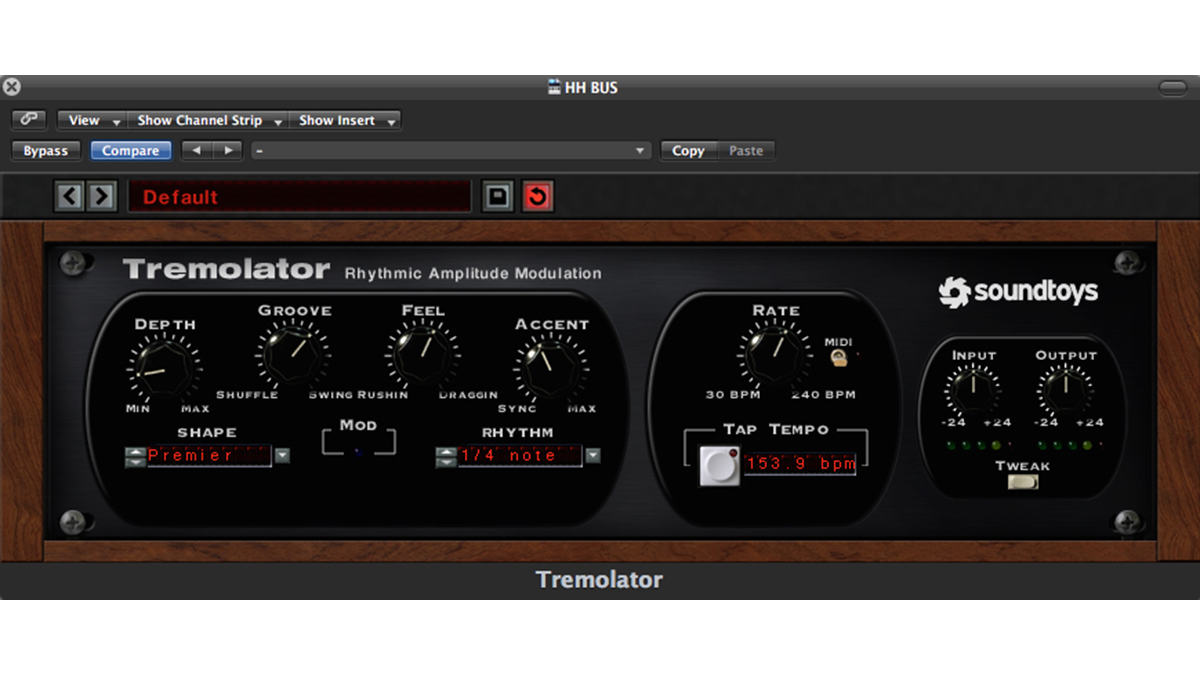
3. The importance of drum patterns, grooves and contours
“Techno music mainly consists of a loop that’s running its way through the track combined with the extended processing of effects such as reverb and delay, amongst many others. It’s very important to keep on modulating and shaping your basic percussion elements to keep the track flowing and pumping.
“In order to keep everything interesting, you should pay attention to your compression, both parallel and side chaining, to create a sound that breathes. A very useful tool I often apply is the Soundtoys VST ‘Tremolator’, which generates a randomising effect and works very well on hi-hats and clap loops. Working in different busses is also a very interesting way to add detail and perspective rather than working with separate channel inserts.”

4. Go out and explore other artists' music
“When you’re used to playing in several clubs during the weekend and encounter a weekend off from time to time, you’ll probably have the tendency to stay inside for once and catch up on some sleep or hang out with friends in the bar to recover your social life. Chances are you won’t feel very motivated to go clubbing again until 8 o’clock in the morning.
“I noticed that this often causes me to get 'trapped' in my own sets. Not knowing and/or following up on what’s currently evolving in music is not only very dangerous as a producer, but probably even more so as a DJ. Going out, listening and dancing to other people’s music is very important. Don’t lose your main source of inspiration, whatever that may be.”
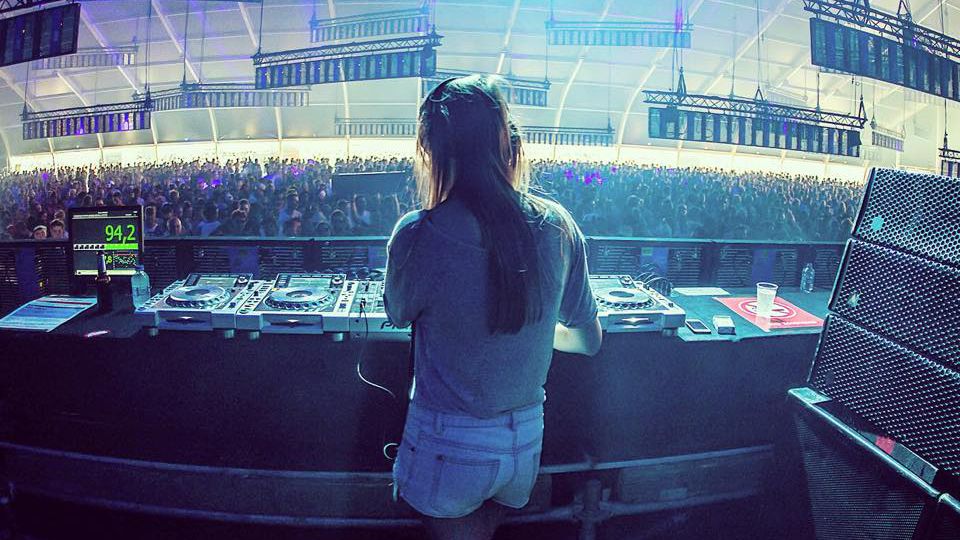
5. Compare and contrast
“It’s very important to compare your own tracks in the process of making them with the tracks of artists you’re looking up to. You should do this for the simple fact that you want your music to fit into your set, and eventually other people’s sets, without collapsing amongst the outstanding tracks of the other producers you’re playing.
“When I start making a new track, I always have a reference track in mind to compare with the entire time. Doing so can inspire you in many ways, not just structure and sequence-wise, but more importantly, it’ll improve your production level rapidly. It’s easier to get to know the tricks when the example is lying right in front of you. Sending your tracks to other artists you trust and asking for feedback is also essential. Don’t get stuck in your head - be open to feedback and allow people to help you out.”

6. Feel free to think outside the box
“I get the impression that many promoters and bookers categorise artists in a specific genre and, honestly, that makes perfect sense - I can’t blame them for doing this. It’s important to build up your personal artist story, and allowing people to put you in a box really does help as we all feel the need to put a stamp on something or someone from time to time.
“But when it comes to producing music, I’m a firm believer that you shouldn’t be limited in any way and should just be able to produce whatever it is you feel like producing at that specific time. Follow your gut and your emotion. When creating music, you should have the complete and never ending freedom to make whatever you want.
“Develop and maintain a connection with your own tracks and don’t listen to what anyone else is telling you unless you believe and think it yourself.”
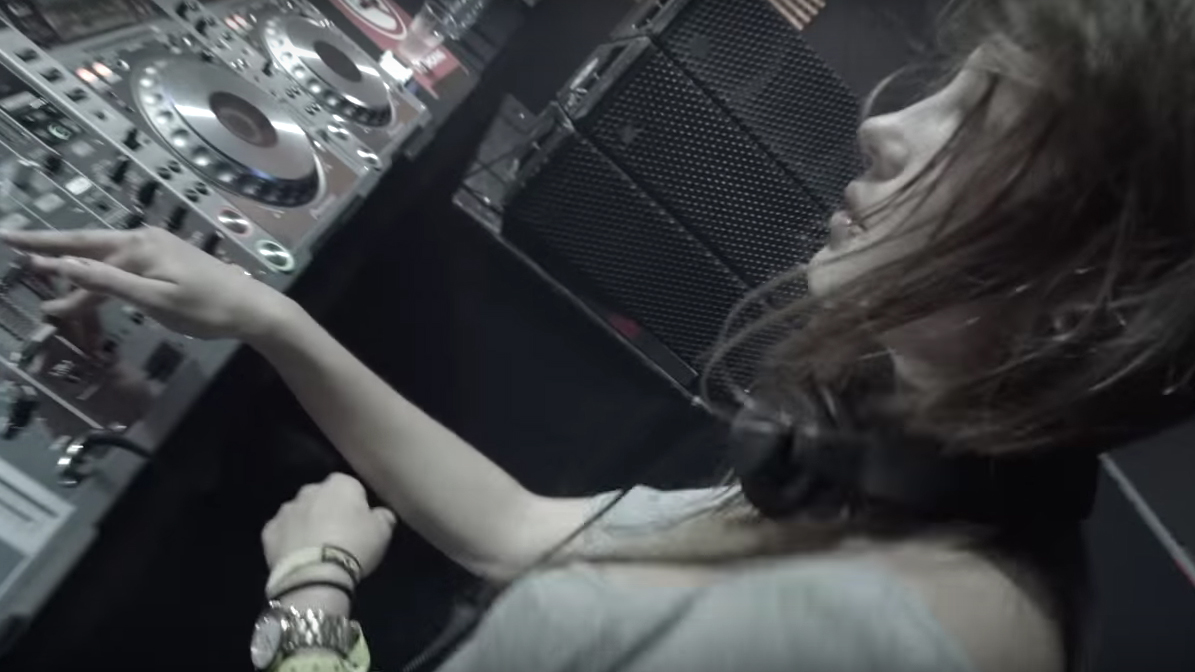
7. Don't be concerned about commercial success
“Music is a powerful tool and it shouldn’t be abused for the sake of money. Making music is something that comes from the heart. Many people have found a voice in music: they make it themselves, play it as DJs or they simply enjoy listening and dancing to it.
“It’s a very pure form of communication with each other and one’s inner self. Don’t feel like you need to produce a radio track. If it happens, it happens. Forcing it upon yourself won’t work because you’ll feel the lack of emotion and depth. First and foremost, make music for yourself because you feel the need to express yourself through the music.”
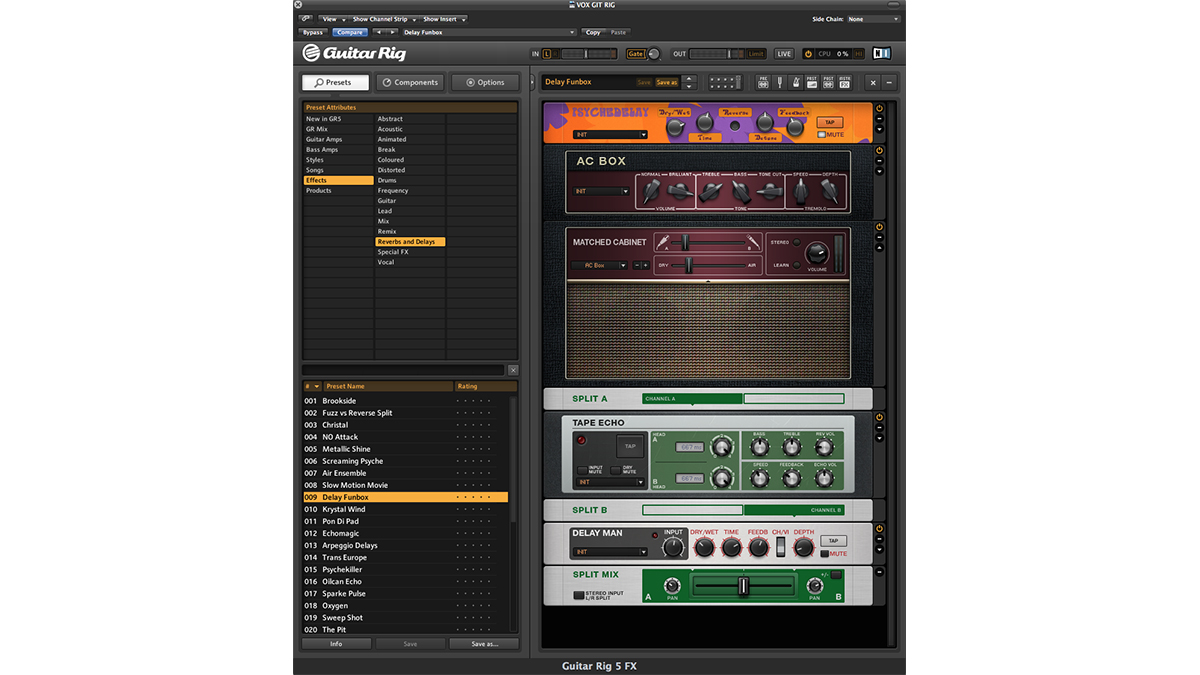
8. Vocals are very useful when it comes to creating a track
“There’s no denying the fact that finding the right vocals, whether from a live singer or samples, is a difficult task. Over the years, I’ve searched for hours and hours to find the right vocal for a specific track. However, having a vocal immediately sets the vibe and creates a certain hook.
“I’m a big fan of Native Instruments and I actually learned a lot from applying their Guitar Rig VST on several vocals. It immediately added more depth and dimension to my tracks. Even when you’re not fond of overusing a vocal, the possibilities with such a plug-in are virtually limitless.
“You’ll probably even end up with something that’s not even close to being a vocal, but it will still add a lot of value to your track.”

9. The importance of having a good work spot
“When I began producing several years ago, I was very convinced that you needed a studio that has been measured according to the rules of acoustics in order to create that ‘perfect’ track sound wise. Because of that, my first studio was perfectly soundproof and working in there was an absolute pleasure.
“But after having moved a couple of times, I noticed that, although it’s a luxury to have it, none of that actually matters. The most important thing is to have a room you know and you’re used to and to set up your speakers correctly. Every room and setup has a certain colouration, but what you’ll want to do is to try and limit that colouration as much as possible and set up your speakers according to your listening space.
“There are many pictures to be found online that’ll show you how to set up your speakers correctly.”
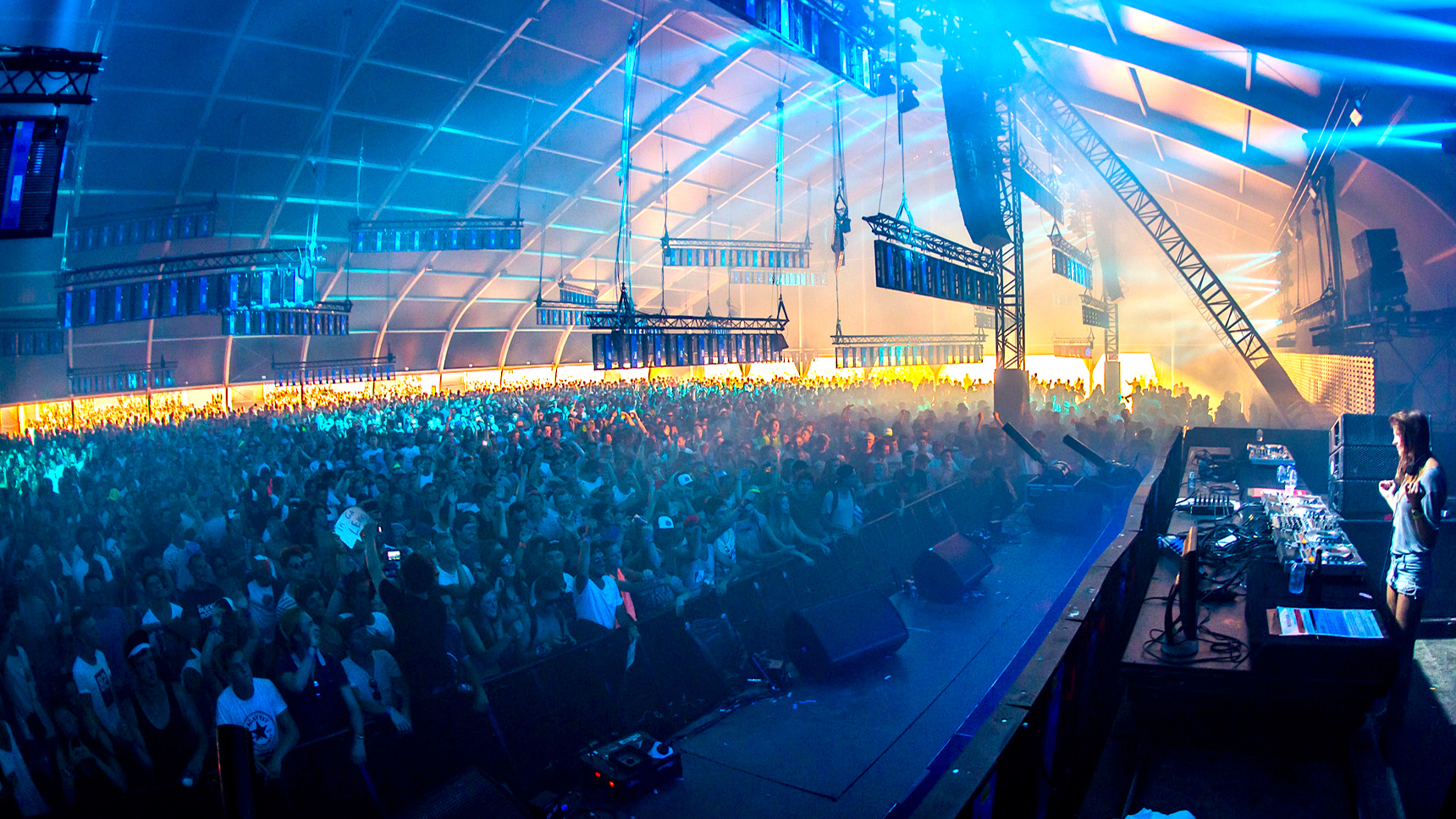
10. Perfection is imperfect
“A track is created in the twilight zone between perfection and honest mistakes. Producing music is an experiment. There are no exact, scientific guidelines or rules on how to do it. It’s an emotional process depending on your character and personal experiences; that’s what makes music so interesting.
“You should be looking for a specific sound that colours your tracks in a very specific way rather than looking for the ‘perfect’ sound. That’s what makes a track beautifully raw and unique and stand out on its own.”

